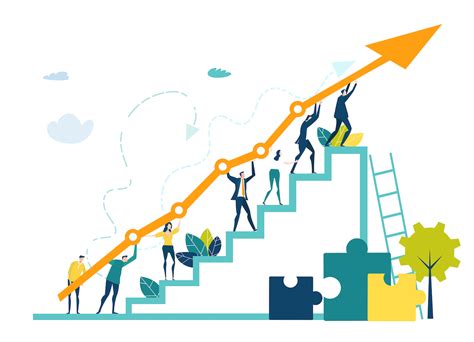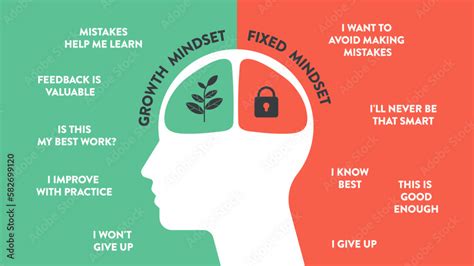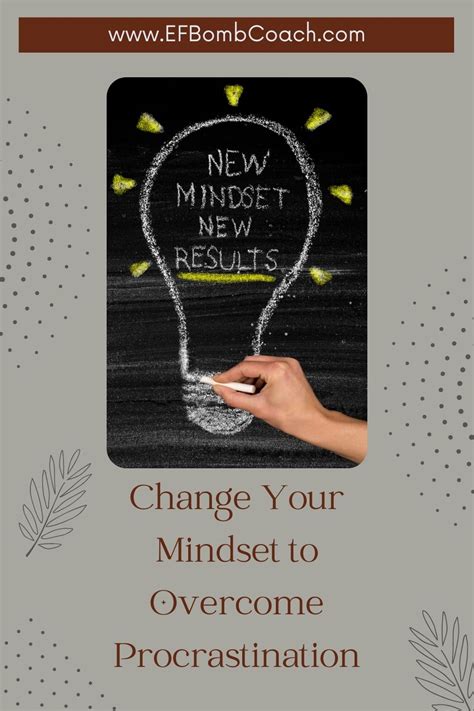Every man, at some point, encounters an invisible wall. Whether it’s the maddening standstill in a promising career or the frustrating lack of progress despite consistent effort in fitness, these plateaus and slumps can feel debilitating. The initial drive fades, motivation wanes, and a sense of being ‘stuck’ sets in. While external factors play a role, the most profound and sustainable solution often lies within: a fundamental shift in mindset.
The Invisible Wall: Understanding Plateaus and Slumps
Career plateaus often manifest as a feeling of stagnation, a lack of new challenges, or a perception that promotions are out of reach. In fitness, it might be an inability to lift heavier, run faster, or lose those last few pounds, despite following the same routine. These moments aren’t necessarily indicators of failure; rather, they are critical junctures that demand a re-evaluation, not just of tactics, but of the very framework through which we approach our goals.
The common trap is to double down on the same actions or to simply give up. However, the most effective path forward isn’t always about working harder, but about thinking differently. It’s about recognizing that your beliefs about your abilities and potential are far more influential than you might realize.

Shifting from Fixed to Growth: The Core Mindset Leap
The most crucial mindset shift men can make is moving from a fixed mindset to a growth mindset, coupled with a focus on process over outcome. Psychologist Carol Dweck’s research on fixed versus growth mindsets is profoundly relevant here.
A fixed mindset assumes that our abilities, intelligence, and talents are static traits. If you believe you’re ‘just not good at networking’ or ‘naturally weak,’ you’re operating from a fixed perspective. When faced with a challenge, a fixed mindset often leads to giving up, avoiding difficult tasks, and feeling threatened by others’ success. Failures are seen as definitive proof of inadequacy.
Conversely, a growth mindset embraces the idea that abilities can be developed through dedication and hard work. It views challenges as opportunities to learn, effort as the path to mastery, and failures as valuable feedback. This perspective empowers individuals to persist, adapt, and continually improve, regardless of their starting point.

The Power of Process Over Outcome
Complementing the growth mindset is the focus on process. An outcome-focused mindset fixates solely on the end result – the promotion, the specific weight lifted, the body fat percentage. While outcomes provide direction, an over-reliance on them can be detrimental. When progress toward the outcome slows, motivation plummets, and the individual feels like a failure.
A process-oriented mindset, however, prioritizes the consistent daily actions and habits that lead to the desired outcome. It emphasizes showing up, putting in the work, learning from each attempt, and celebrating the small wins along the journey. This approach builds resilience because even if the ultimate outcome isn’t immediately achieved, the process itself is seen as valuable and within control.

Applying the Shift: Career Advancement
For career plateaus, this mindset shift is transformative. Instead of thinking, ‘I’m stuck in this role because I lack the talent for leadership,’ a growth mindset says, ‘Leadership skills are developed, and I can acquire them through deliberate practice, feedback, and learning.’ Instead of fearing new technologies, you embrace them as opportunities for skill expansion.
Focusing on the process means committing to daily learning, actively seeking constructive criticism, building relationships, and taking on challenging projects even if they initially feel outside your comfort zone. The ‘outcome’ of a promotion becomes a natural consequence of consistent, valuable contributions and continuous self-improvement.
Applying the Shift: Fitness Resilience
In fitness, an outcome-focused mindset might lead to chasing quick fixes or becoming disheartened by slow results. A growth and process mindset, however, helps men persevere. Instead of saying, ‘I can’t gain muscle,’ you think, ‘My body can adapt, and I will learn the best training and nutrition strategies for me.’ A bad workout isn’t a failure; it’s data for future adjustments.
The process becomes about consistent training sessions, mindful nutrition, adequate recovery, and understanding your body’s signals. It’s about enjoying the journey of becoming stronger, healthier, and more capable, rather than being solely driven by a number on a scale or a specific aesthetic. This resilience allows you to bounce back from injuries, adapt routines, and maintain long-term health habits.

Cultivating Your Growth & Process Mindset
Making this shift isn’t instantaneous but can be cultivated through conscious effort:
- Self-Awareness: Recognize when you’re operating from a fixed or outcome-focused mindset. Catch those self-limiting thoughts.
- Reframe Challenges: View obstacles as puzzles to solve, not impenetrable barriers. Ask, ‘What can I learn from this?’
- Focus on Effort and Strategy: Praise your effort and the strategies you employ, rather than just the results.
- Set Process Goals: Instead of ‘Get promoted,’ set goals like ‘Complete one professional development course per quarter’ or ‘Network with two new colleagues each week.’ For fitness: ‘Complete three resistance training sessions weekly’ instead of ‘Lose 10 pounds.’
- Embrace Feedback: Seek out constructive criticism and view it as a roadmap for improvement, not an attack on your ability.
- Celebrate Small Wins: Acknowledge and appreciate consistent effort and small progress, which reinforces the value of the process.

Conclusion: The Path to Unstoppable Progress
Overcoming career plateaus and fitness slumps isn’t about finding a magic bullet; it’s about adopting a mindset that empowers continuous growth. By consciously choosing a growth mindset and embracing a process-oriented approach, men can transform frustrating stagnation into fertile ground for learning, adaptation, and sustained progress, not just in their careers and fitness, but in every aspect of life. It’s the belief that you are always capable of more, and the commitment to the daily actions that prove it.




